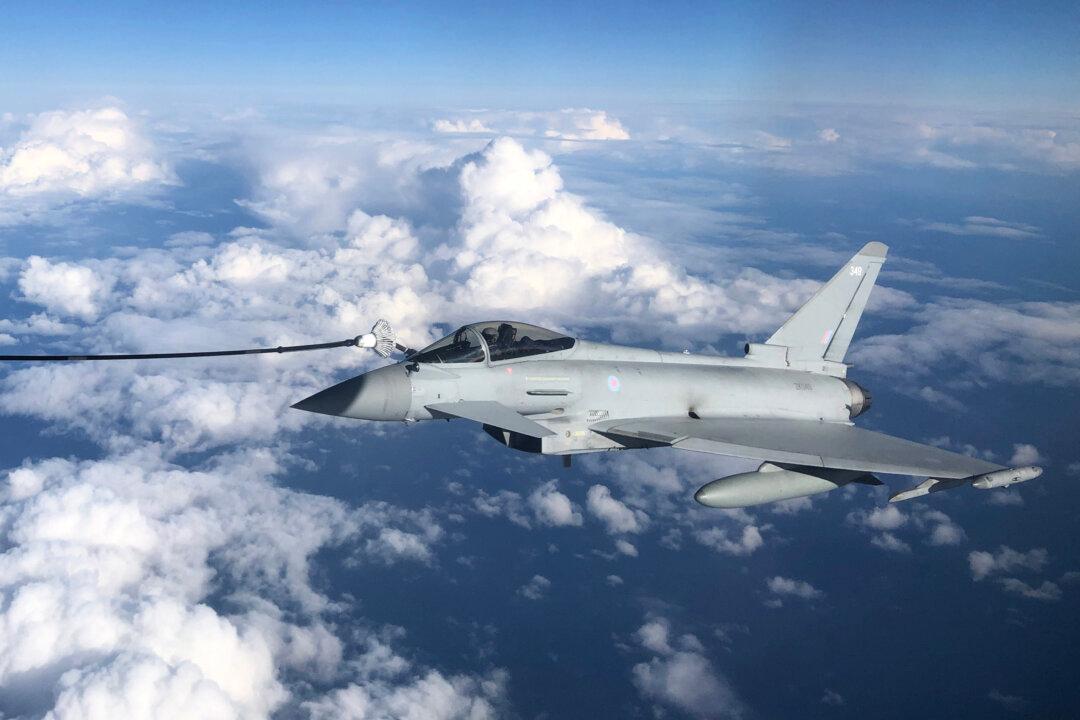Britain’s armed forces may lack the “modern battle-winning capabilities” they need to meet the demands of future warfare, a Parliamentary committee has warned.
In its latest report published on May 11, the Public Accounts Committee of the House of Commons said the UK Ministry of Defence’s (MoD) equipment plan faces “serious questions” in view of the “rapid technological advances” by Britain’s potential adversaries.





